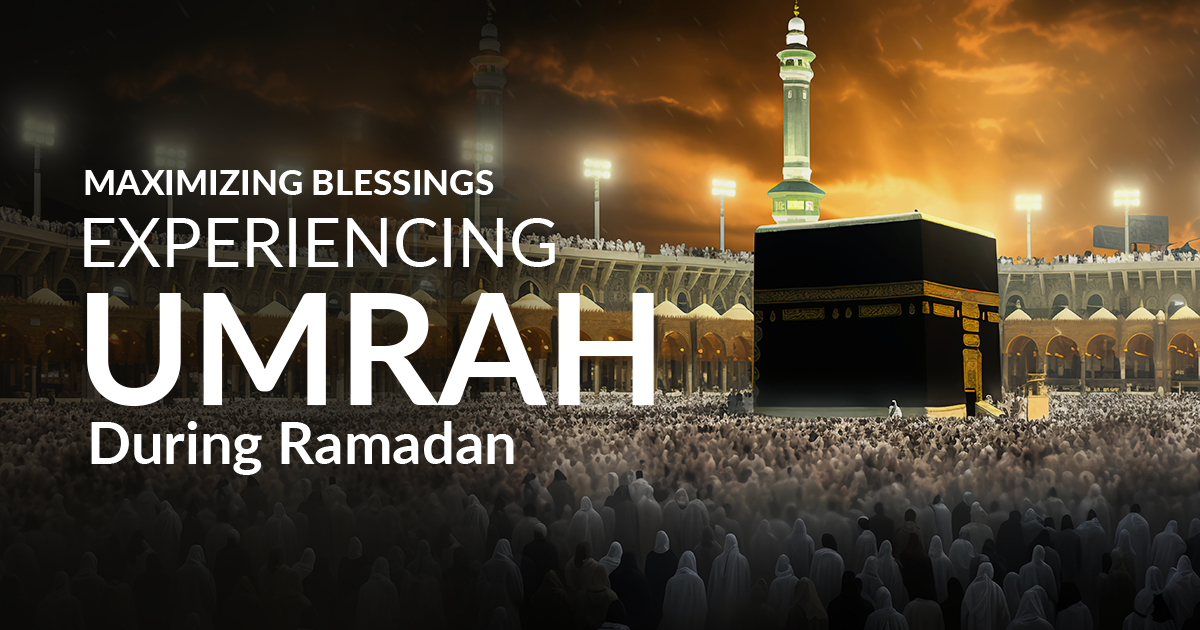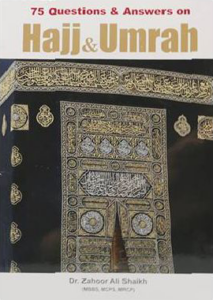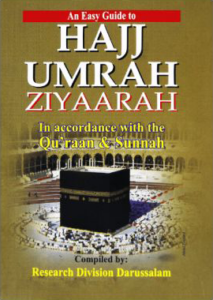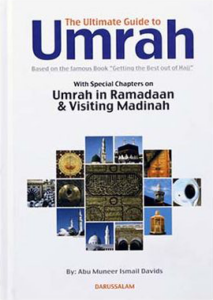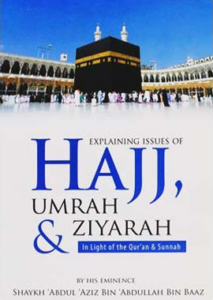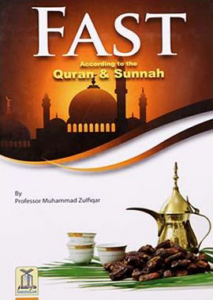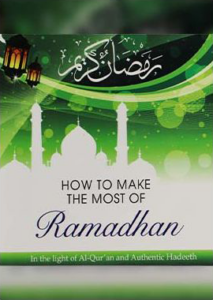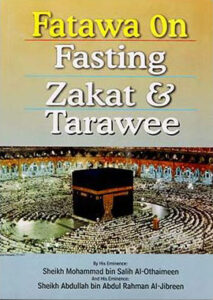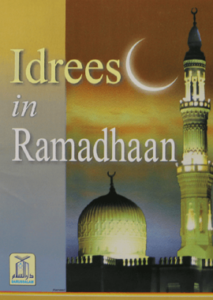Ramadan, the holiest month in the Islamic calendar, holds immense significance for Muslims worldwide. It is a time of spiritual reflection, self-discipline, and increased devotion to Allah. Among the most cherished acts of worship during Ramadan is performing Umrah, the lesser pilgrimage to the holy city of Mecca.
In this blog by Darussalam, we’ll explore the profound experience of performing Umrah during Ramadan, detailing its rituals, significance, and practical tips for a memorable journey.
Understanding Umrah During Ramadan:
Umrah during Ramadan holds special merit and blessings according to Islamic tradition. While not obligatory like Hajj, Umrah during Ramadan is highly recommended due to the abundant rewards associated with it. It offers a unique opportunity for spiritual rejuvenation and closeness to Allah during this sacred month.
Preparation for the Blessed Journey:
Preparing for Umrah during Ramadan necessitates comprehensive planning and readiness, both physically and spiritually.
Educate Yourself: Familiarize yourself with the rituals of Umrah, including Tawaf, Sa’i, and Tahalul, to ensure a smooth and meaningful experience.
Physical Preparation: Maintain good physical health by exercising regularly and eating nutritious meals to endure the physical exertion of Umrah.
Spiritual Preparation: Engage in increased acts of worship, such as Salah (prayer), Dhikr (remembrance of Allah), and reading the Quran, to spiritually prepare for the journey.
Learn More: The Ramadan Calendar 2024
Performing Umrah Rituals in Ramadan:
Engaging in the rituals of Umrah during Ramadan holds immense spiritual significance and rewards. It’s essential to understand and prepare for these rituals to ensure a fulfilling experience.
Ihram: Enter the state of Ihram, the sacred state of pilgrimage, by wearing the prescribed garments and making the intention for Umrah.
Tawaf: Perform Tawaf, circumambulating the Kaaba seven times while reciting supplications and glorifying Allah.
Sa’i: Complete Sa’i, walking briskly seven times between the hills of Safa and Marwah, commemorating Hajar’s search for water.
Trimming or Shaving the Hair: After completing Sa’i, men trim or shave their hair, symbolizing the completion of Umrah.
Tahalul: Exit the state of Ihram by performing Tahalul, which allows for the resumption of normal activities.
Significance of Umrah During the Sacred Month:
Performing Umrah during Ramadan carries profound spiritual significance and rewards, enriching the spiritual journey of believers.
Increased Rewards: Performing Umrah during Ramadan multiplies the rewards manifold, as every good deed is magnified during this blessed month.
Spiritual Cleansing: Umrah during Ramadan offers a unique opportunity for spiritual purification and seeking forgiveness from Allah.
Proximity to Laylat al-Qadr: Ramadan is the month in which Laylat al-Qadr, the Night of Decree, occurs. Performing Umrah during Ramadan increases the likelihood of being present in the Haram during this auspicious night.
Unity of the Ummah: Millions of Muslims from diverse backgrounds gather in Mecca during Ramadan, fostering a sense of unity and brotherhood among believers.
Read More: Spiritual Mysteries of Laylat-ul-Qadar
Practical Tips for a Blessed Umrah Journey:
Embarking on the journey of Umrah during Ramadan requires careful planning and practical considerations to ensure a smooth and rewarding experience.
Plan Ahead: Book accommodations and transportation well in advance to avoid last-minute hassles.
Stay Hydrated: Given the heat in Mecca during Ramadan, ensure to stay hydrated by drinking plenty of water between Iftar and Suhoor.
Timing: Schedule your Umrah rituals during less crowded times to minimize congestion and maximize the spiritual experience.
Patience and Perseverance: Be prepared for long queues and crowded spaces, practicing patience and perseverance throughout your journey.
Seek Knowledge: Take advantage of the lectures and spiritual programs held in Mecca during Ramadan to enhance your understanding of Islam and strengthen your faith.
Conclusion:
Performing Umrah during Ramadan is a deeply enriching experience that allows Muslims to draw closer to Allah, seek forgiveness, and earn abundant rewards. By preparing both physically and spiritually, observing the rituals with devotion, and embodying patience and perseverance, pilgrims can make the most of this sacred journey. May all those embarking on Umrah during Ramadan be blessed with a transformative experience and a strengthened connection to their faith.
FAQs About Maximizing Blessings Experiencing Umrah During Ramadan
Can I perform Umrah during any part of Ramadan?
Yes, Umrah can be performed at any time during Ramadan, including the first ten days, the middle ten days, or the last ten days, each of which holds special significance.
Is it better to perform Umrah at the beginning or end of Ramadan?
Both options are equally meritorious. Some prefer to perform Umrah earlier to avoid the peak crowds, while others choose to do it closer to the end of Ramadan to coincide with Laylat al-Qadr.
Are there any specific rituals to be performed during Umrah in Ramadan?
The rituals of Umrah during Ramadan remain the same as those performed outside Ramadan, with the added blessings and rewards associated with the month.
Can women on their menstrual cycle perform Umrah during Ramadan?
Women in their menstrual cycle can perform all Umrah rituals except Tawaf, which they can delay until they are in a state of purity.
What should I do if I become ill during Umrah in Ramadan?
If you become ill during Umrah, prioritize your health and seek medical attention if necessary. You can resume and complete your Umrah rituals once you have recovered.

